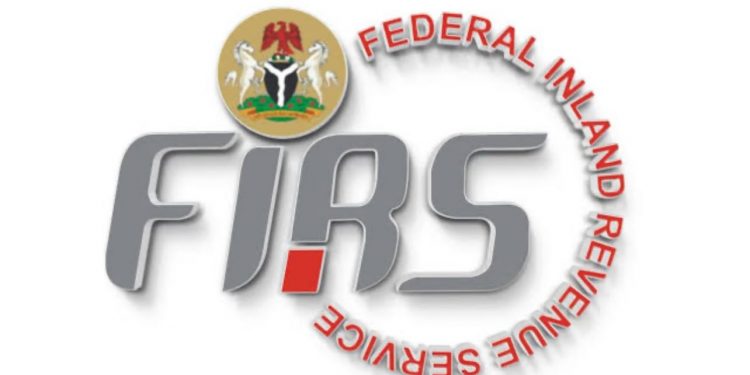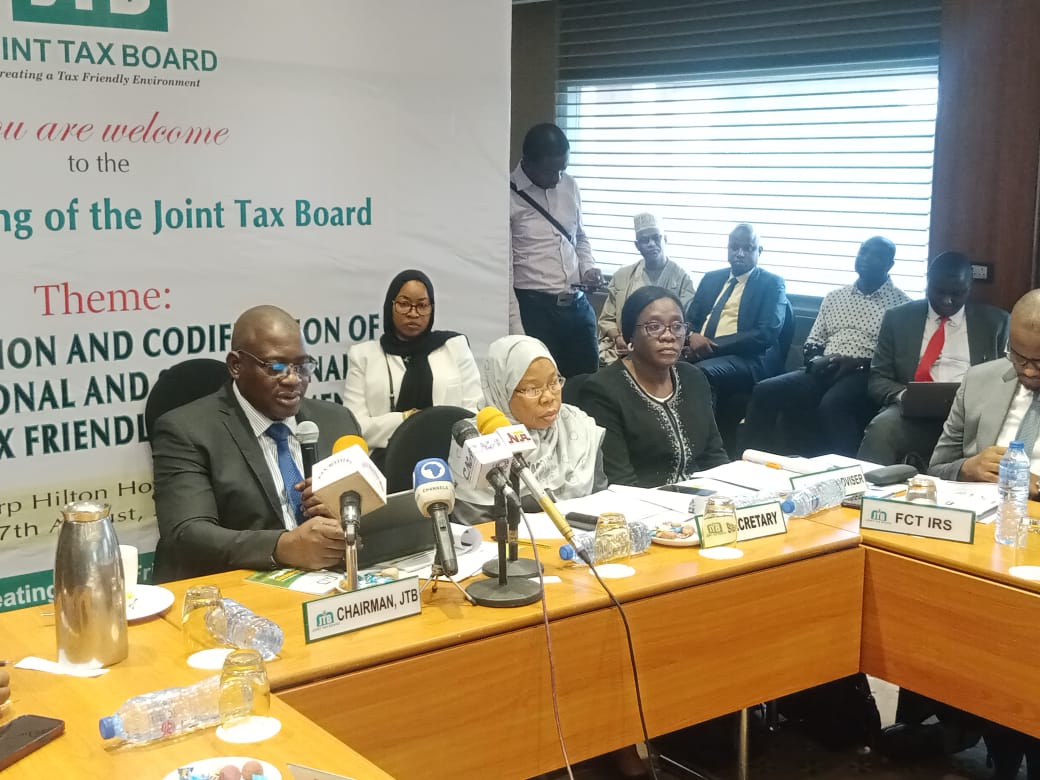The Chairman of the Federal Inland Revenue Service (FIRS) has warned against imposing a tax burden on poor Nigerians, urging stakeholders to instead pursue thoughtful strategies to expand the country’s tax base without worsening economic hardship.
Speaking during the 157th meeting of the Joint Tax Board (JTB) in Ibadan, Oyo State, the FIRS boss emphasized the need to approach taxation of the informal sector with empathy and insight. He pointed out that the sector accounts for over 92 percent of Nigeria’s employed population, according to data from the National Bureau of Statistics, making it central to the country’s economic structure.
He called on stakeholders to prioritise formalising the informal sector before initiating any tax collection, and noted that the federal government’s goal is not immediate taxation but improved organisation for economic planning. He reaffirmed that the JTB, transitioning into the Joint Revenue Board (JRB), would continue to modernise and harmonise tax administration across Nigeria.
“Our meeting provides a platform to discuss innovative, fair methods of bringing informal workers into the tax system without driving them further into poverty,” he said, stressing that taxation should empower rather than exclude.
Oyo State Governor, who declared the meeting open, underscored the importance of approaching informal sector taxation with a combination of technology and human understanding. He described the sector which includes traders, artisans, transport workers, and small business owners as the backbone of the local economy, and called for a shift in focus from enforcement to engagement.
He argued that prosperity in Nigeria cannot rely solely on natural resources, but must be driven by knowledge, skill development, and local productivity. He said that Oyo State is not only expanding its tax base but also actively supporting productivity at the grassroots to drive sustainable revenue generation.
“This country is rich in resources but poor in economic outcomes. To reverse that, we must mobilise our people to be productive. Our informal sector has long been under-taxed, but the solution isn’t to impose pain. We must find a path that balances revenue goals with inclusive growth,” the governor said.
He urged participants at the two-day meeting, comprising top tax officials, policymakers, and stakeholders from across the country to develop a framework that would integrate the informal sector into the tax system without exacerbating poverty. He stressed that such an approach should be grounded in collaboration, fairness, and a vision for long-term national development.










